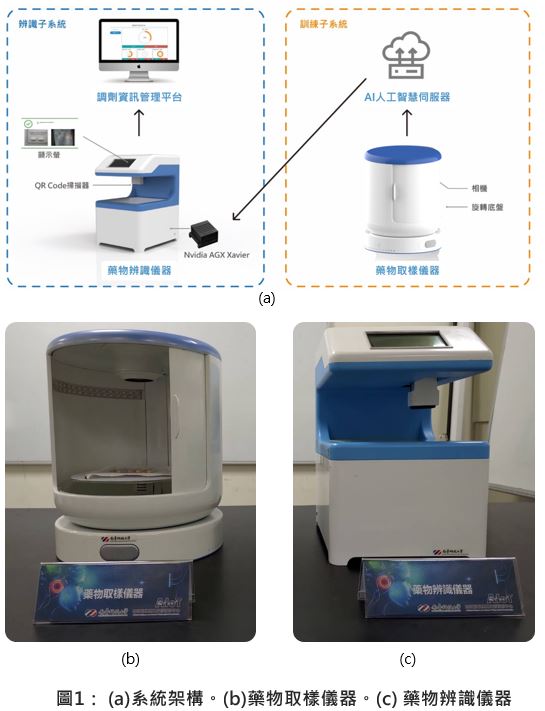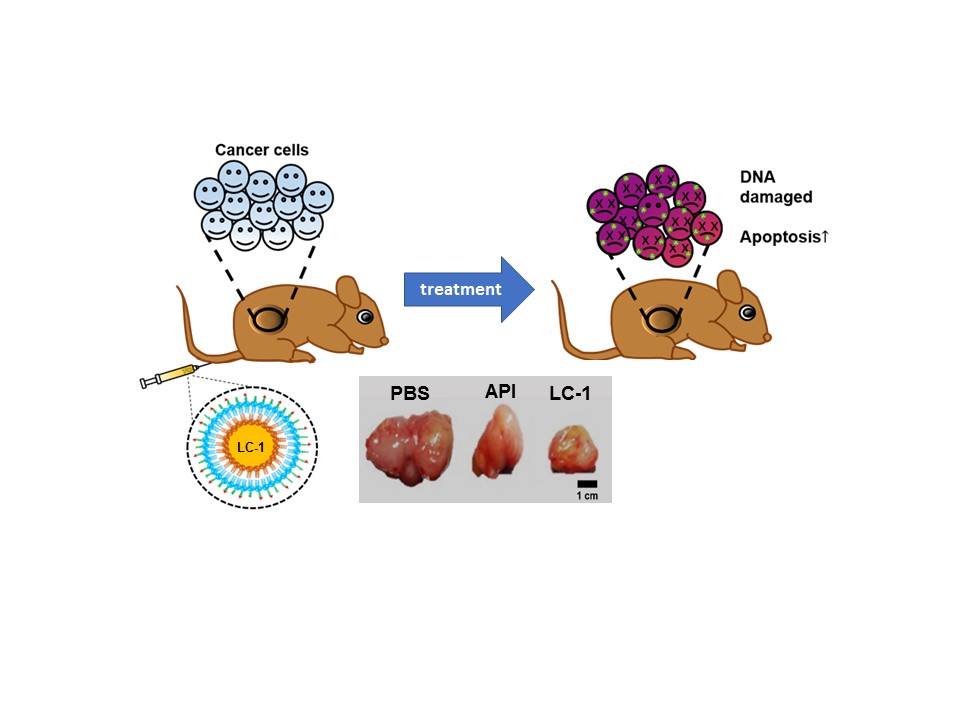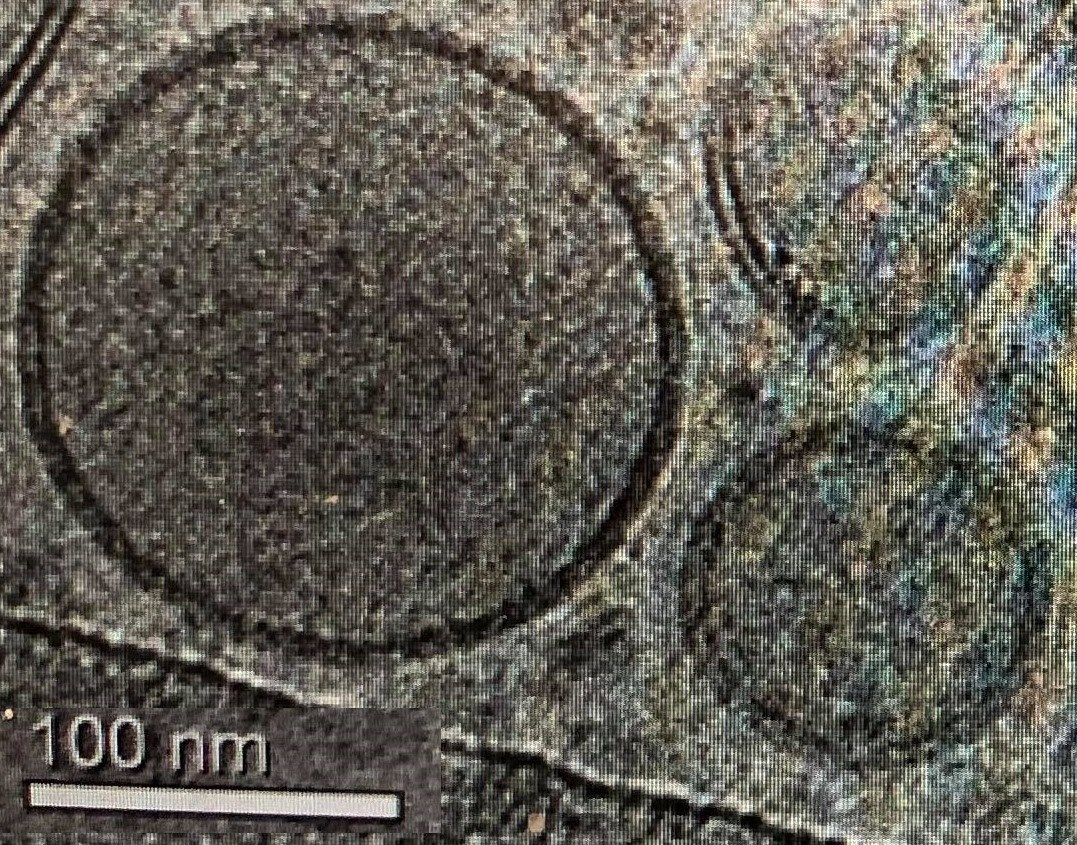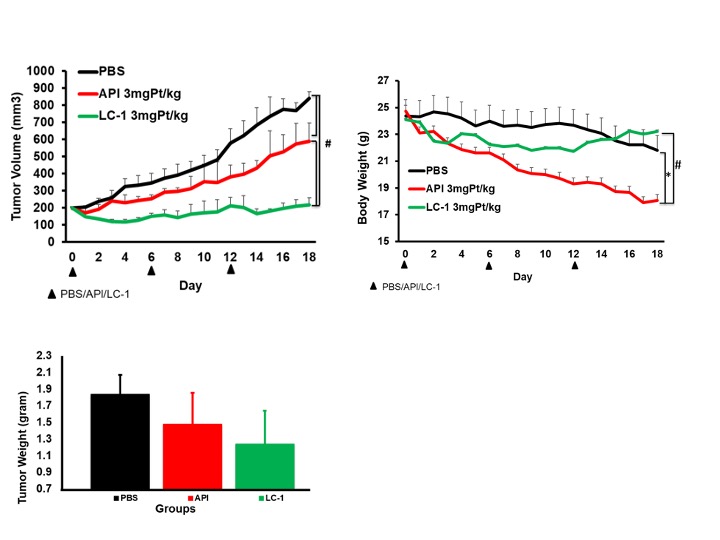| Technical Name | Innovative Drug Delivery Technology for Cancer Therapy | ||
|---|---|---|---|
| Project Operator | Chung Yuan Christian University | ||
| Project Host | 許毅芝 | ||
| Summary | LC1, a chemotherapy drug developed by our team, is an innovative liposomal cisplatin nanomedicine. Cisplatin is a chemotherapeutic drug that has been on the market for over half a century. Its small molecule drug structure can be embedded in the DNA to inhibit cancer cell division and growth, thereby killing cancer cells. The superior efficacy of cisplatin has made it the primary choice for most of today's cancer chemotherapy treatments. However, the high level of nephrotoxicity and neurotoxic side effects have limited the clinical use of cisplatin. By using the breakthrough liposome coating technology, we are able to coat cisplatin into special formulation nanoparticles, which can not only reduce the side effects of cisplatin, but also achieve the passive targeting effect by EPR, and target the drug to the tumor site. Therefore, LC1 can not only effectively kill many kinds of tumor cells, but also significantly reduce side effects. Can also be applied to gene therapy. |
||
| Scientific Breakthrough | The team used special formulas and processes to break through the coating limitations and successfully coated highly effective but highly toxic chemotherapy drugs. The chemotherapy drugs were coated into nanoparticle drugs through this novel technology. It has been confirmed by animal experiments that it is better than current therapies and other developments. The competing drugs have a higher drug load (greater than 50%), and in a variety of cancer animal models, it has also proved to be better than the original drug at inhibiting tumor growth and has low toxicity, and the animals can maintain a good weight level. |
||
| Industrial Applicability | The drug development technology is the technology of coating the current drugs with liposomes, which is the development of drugs that belong to the old drug and new dosage forms. The old drug has been widely used in the chemotherapy of various solid tumors, but its side effects caused by its high toxicity limit its clinical application. In the future, if it is successfully developed and successfully listed, it can gradually obtain licenses for a variety of indications. It has broad market opportunities and is expected to replace the current drugs and create a new blue ocean market. This platform technology can be applied to gene therapy. This platform technology can be applied to gene therapy. |
||
| Keyword | Cancer Cancer therapy oncology chemotherapy Target therapy gene therapy liposome small molecules nano drug nano technology | ||
- mina.ichun.chen@gmail.com
other people also saw







